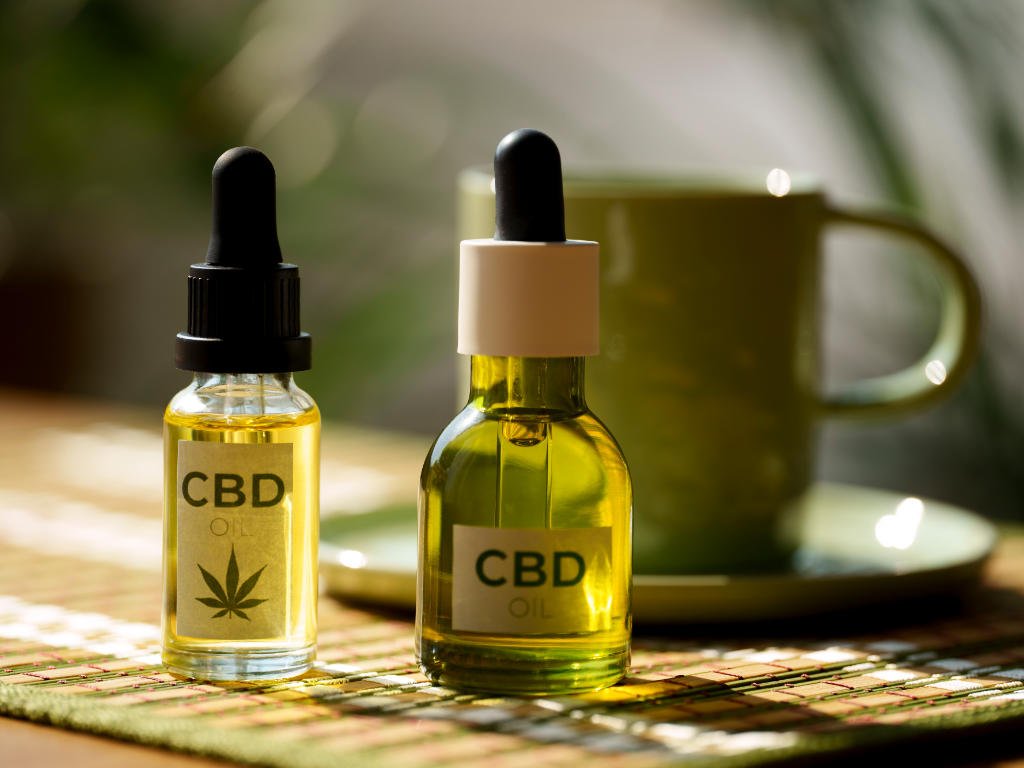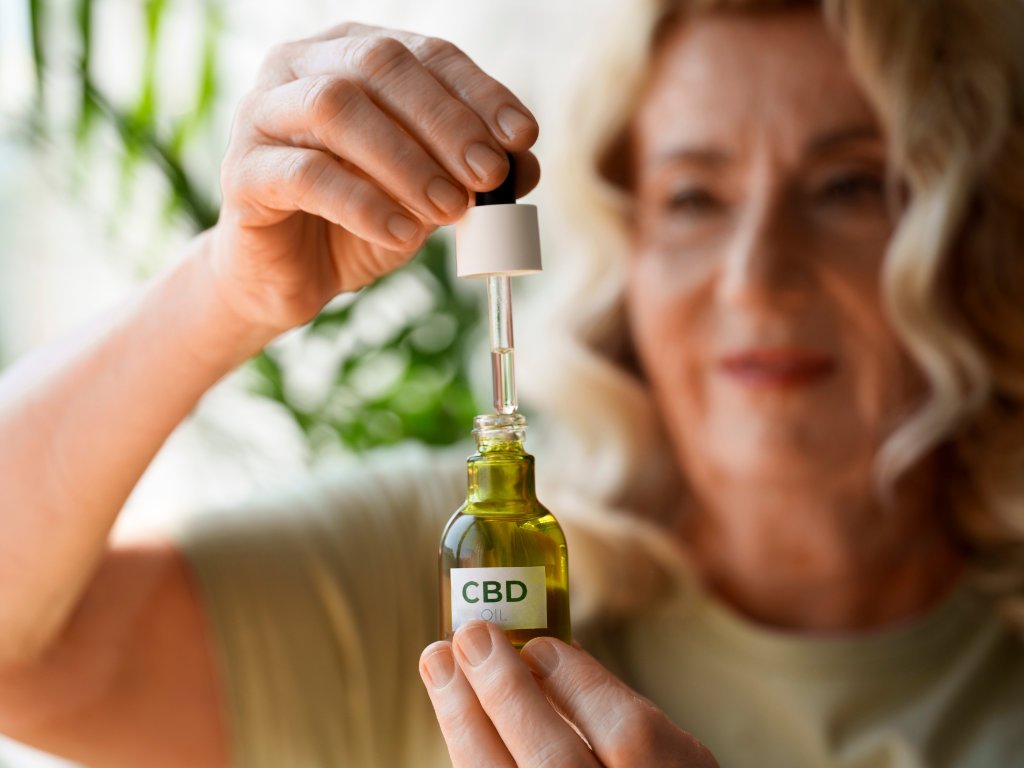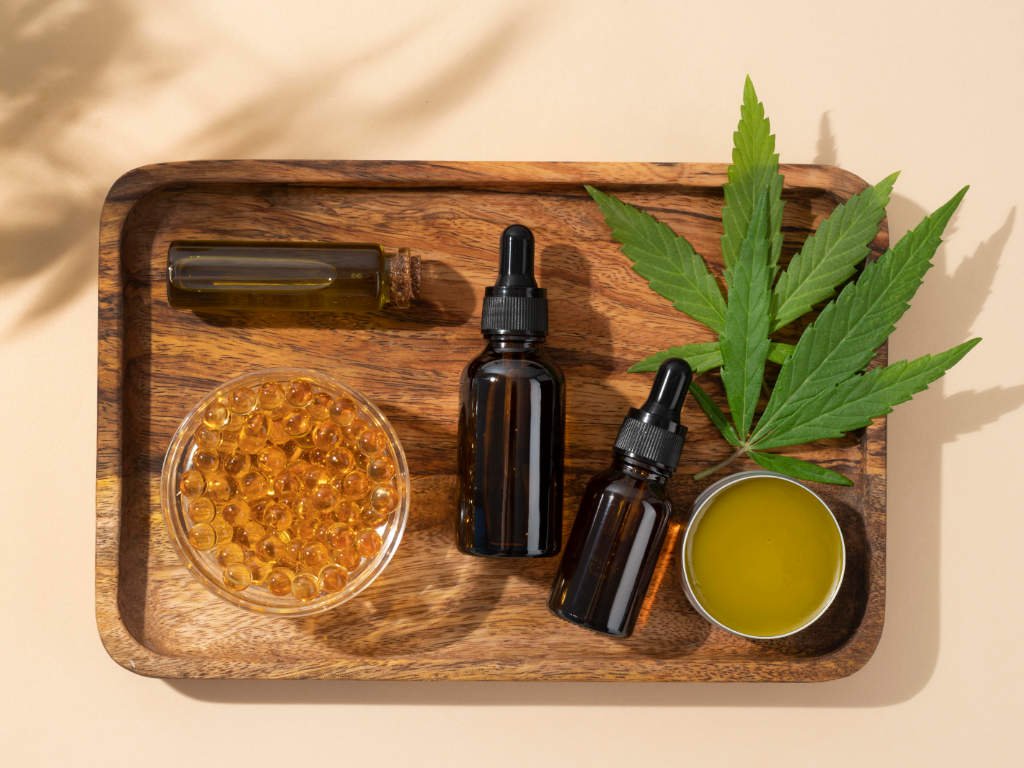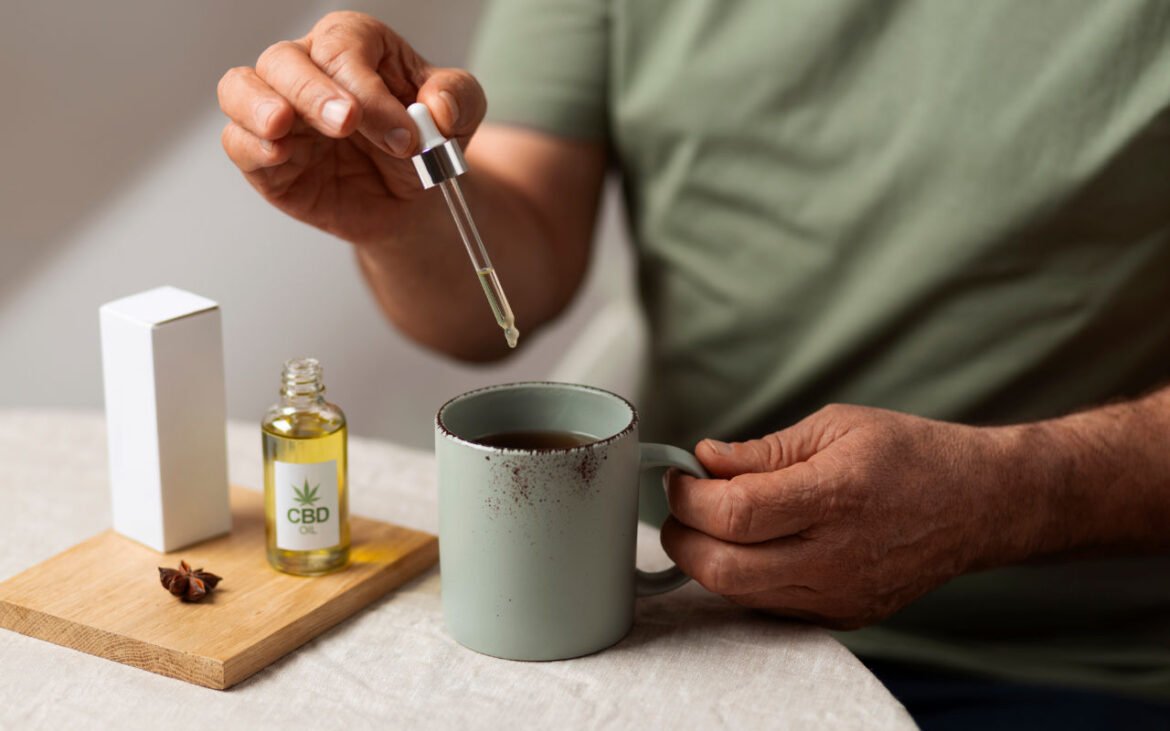Ever felt like your stress levels are through the roof and you’re desperately searching for something—anything—that might help you find some peace? You’re not alone. With our constantly buzzing phones, demanding schedules, and the general chaos of modern life, it’s no wonder that CBD oils for stress have become such a hot topic. But here’s the thing: not all CBD products are created equal, and understanding how to navigate this landscape can make all the difference in your wellness journey.
Understanding Stress and Its Impact on Your Daily Life
Let’s be real—stress isn’t just feeling overwhelmed after a tough day at work. It’s that constant knot in your stomach, the racing thoughts when you’re trying to fall asleep, and that feeling like you’re always running on empty. Chronic stress has become a silent epidemic, affecting millions of people worldwide and wreaking havoc on both our physical and mental health.
When stress becomes a constant companion, your body starts to rebel. You might notice sleep disturbances, increased anxiety, digestive issues, or even physical ailments that seem to come out of nowhere. The truth is, managing stress effectively isn’t just about feeling better in the moment—it’s about preventing long-term health complications that can seriously impact your quality of life.
This is where many people are turning to natural solutions, and CBD oils for stress relief have emerged as a promising option. But before we dive into the specifics, let’s understand what makes CBD different from other stress management approaches.
What Makes CBD Different for Stress Management?
CBD (cannabidiol) is a non-psychoactive compound derived from the cannabis plant, and here’s what sets it apart: it won’t get you high. Unlike its cousin THC (tetrahydrocannabinol), CBD offers potential therapeutic benefits without the mind-altering effects that many people want to avoid.
So how exactly does CBD work for stress? According to research, CBD appears to have a modulatory effect on brain regions associated with anxiety and stress, particularly the amygdala and prefrontal cortex. During emotional processing, studies show that CBD can help calm activity in the amygdala—basically, the brain’s alarm system that triggers our fight-or-flight response.
What’s really interesting is that CBD may help suppress stress responses by decreasing inflammation in the brain and changing how calcium moves in brain cells. It’s like giving your overactive stress system a chance to take a breath and reset.
The Science Behind CBD and Stress Relief

Okay, I know we’re getting a bit technical here, but bear with me—this stuff is actually pretty fascinating. Recent studies are showing some really encouraging results for people seeking stress relief through natural CBD products.
Research from the University of Colorado found that CBD-dominant cannabis products were associated with greater reductions in perceived anxiety compared to groups not using cannabis. What’s even better? Participants using CBD-dominant products reported feeling less tense immediately after use without experiencing the impairment or paranoia that can sometimes occur with THC-dominant products.
Gregory Giordano from the University of Colorado notes, “Our findings suggest that…CBD-dominant forms of cannabis were associated with acute tension reduction that may translate to longer-term reductions in anxiety symptoms.” That’s pretty promising, right?
Researcher Cinnamon Bidwell adds another encouraging perspective: “Our study suggests that CBD products may be able to relieve anxiety in the moment for adults who use them, and possibly longer-term, in a way that is meaningful and doesn’t necessarily produce the same risks or harms of THC or prescription medications.”
How Can CBD Oils Help With Your Stress?
Let’s talk about the practical benefits you might experience when using CBD oils for stress management. Based on current research and user experiences, here are some key areas where CBD might make a difference:
Better Sleep Quality
One of the most common complaints among stressed-out folks is poor sleep. You know the drill—lying in bed with your mind racing, thinking about everything you need to do tomorrow. Studies suggest that CBD may help with both falling asleep and staying asleep, partly by addressing the chronic pain and anxiety that often disrupt our sleep patterns.
Reduced Anxiety Symptoms
This is where CBD really shines for many people. Research has shown CBD to be effective in reducing symptoms related to various anxiety disorders, including PTSD-related symptoms and nightmares in adults. It’s like having a natural chill pill that doesn’t knock you out or make you feel foggy.
Anti-inflammatory Benefits
Here’s something you might not have considered: stress creates inflammation in your body, and that inflammation can actually make you feel more anxious. CBD has greater anti-inflammatory properties than THC, which may help reduce anxiety by decreasing inflammation in the brain and nerves.
Fewer Side Effects
Compared to many prescription anxiety medications, CBD may offer relief without the risk of dependency or severe side effects that often come with pharmaceutical options. No more worrying about withdrawal symptoms or feeling like a zombie during the day.
What Should You Look for in CBD Oils for Stress?
Not all CBD stress relief products are created equal, and honestly, the market can be pretty overwhelming. Here’s what you should prioritize when shopping for CBD oils:
Third-Party Lab Testing: This is non-negotiable. Reputable companies provide lab results that verify both potency and purity. You want to know exactly what you’re putting in your body.
Full-Spectrum or Broad-Spectrum CBD: These products contain multiple cannabinoids that work together in what’s called the “entourage effect.” Think of it as teamwork—the compounds support each other for potentially enhanced benefits.
Organic Hemp Source: Hemp grown in regulated environments like the US or EU typically meets higher quality standards and reduces your exposure to pesticides and other nasties.
CO2 Extraction Method: This produces the purest CBD oil without using harsh chemicals or solvents.
Positive Customer Reviews: Look specifically for reviews mentioning stress relief. Real user experiences can tell you a lot about a product’s effectiveness.
How Much CBD Should You Take for Stress?

This is probably the question I get asked most often, and the honest answer is: it depends. Finding the right CBD dosage is highly individual, but here are some general guidelines to get you started:
Start Low and Go Slow: Begin with a small dose. Your friend’s perfect dose might be completely wrong for you.
Be Consistent: Don’t expect overnight miracles—good things take time.
Consider Timing: Some people benefit from taking CBD in the morning for daytime stress management, while others prefer evening use for better sleep and nighttime relaxation.
Track Your Response: Keep a simple journal noting your dose, timing, and how you feel. This helps you dial in what works best for your body.
Remember, it’s always smart to consult with a healthcare professional before starting CBD, especially if you’re taking other medications. Some medications can interact with CBD, so better safe than sorry.
Are There Any Side Effects to Consider?
While CBD is generally well-tolerated, it’s not completely without potential side effects. Some people report mild issues like:
- Dry mouth
- Drowsiness (which might actually be a plus if you’re using it for sleep)
- Changes in appetite
- Mild digestive upset
According to Harvard Health, more research is needed to fully understand long-term effects of CBD.
Combining CBD with Other Stress Management Techniques
Here’s something important to remember: CBD isn’t a magic bullet. While it can be helpful for managing stress, it works best as part of a comprehensive approach to wellness. Consider combining your CBD stress management routine with:
Regular Exercise: Even a 20-minute walk can make a huge difference in your stress levels. Check out some game-changing stress management techniques that complement CBD use perfectly.
Proper Nutrition: What you eat affects how you feel. A balanced diet provides your body with the nutrients it needs to handle stress more effectively.
Quality Sleep: Create a bedtime routine that signals to your body it’s time to wind down. CBD can be part of this routine, but good sleep hygiene is equally important.
Mindfulness Practices: Meditation, deep breathing, or even just taking five minutes to be present can work synergistically with CBD for stress relief.
Understanding Different Types of CBD Products
Explore various CBD product formats including oils, capsules, gels, and lotions to find the best stress management solution for your lifestyle
Full-Spectrum CBD: Contains all the naturally occurring compounds in hemp, including trace amounts of THC (less than 0.3%). Many people find this most effective due to the entourage effect.
Broad-Spectrum CBD: Contains multiple cannabinoids but with THC completely removed. Great if you want the entourage effect but can’t have any THC.
CBD Isolate: Pure CBD with all other compounds removed. This might be best if you’re sensitive to other cannabinoids or need to avoid THC completely.
For stress management, many people find full-spectrum or broad-spectrum options more effective, but everyone’s different.

What Does the Future Hold for CBD Research?
The research landscape for CBD and stress is evolving rapidly. Current studies are promising, but scientists acknowledge that more research is needed to fully understand CBD’s potential. Northwestern Medicine points out that while preliminary results are encouraging, larger, long-term studies will help us better understand optimal dosing, timing, and which populations might benefit most.
As research continues, CBD’s role in stress management may become even more defined, potentially offering a valuable addition to holistic wellness approaches.
Frequently Asked Questions About CBD for Stress
How long does it take for CBD oil to work for stress?
Most people start noticing effects within 15-30 minutes when taking CBD oil sublingually (under the tongue). However, for ongoing stress management, consistent use for 2-4 weeks often provides the best results. Consult your healthcare provider for dosage and consistency guidance.
Can I take CBD oil with other medications?
CBD can interact with certain medications, particularly blood thinners and seizure medications. Always consult your healthcare provider before combining CBD with prescription medications.
Will CBD oil show up on a drug test?
Full-spectrum CBD products contain trace amounts of THC that could potentially show up on sensitive drug tests. If drug testing is a concern, choose broad-spectrum or isolate products instead.
Is CBD oil legal?
Hemp-derived CBD products containing less than 0.3% THC are federally legal in the United States, but state laws can vary. Always check your local regulations.
Can you build tolerance to CBD?
Unlike many medications, CBD doesn’t typically lead to tolerance. Some people actually find they need less over time as their body’s endocannabinoid system becomes more balanced.
Remember, while CBD shows significant promise for stress relief, it should be part of a comprehensive approach to wellness that includes proper sleep, regular exercise, healthy nutrition, and potentially professional mental health support for chronic or severe stress and anxiety. If you’re interested in exploring more natural approaches to managing anxiety, there are many complementary strategies that can work alongside CBD for optimal stress management.
The journey to managing stress naturally is personal, and what works for one person might not work for another. Be patient with yourself, stay consistent, and don’t hesitate to seek professional guidance when needed. Your mental health is worth the investment.


